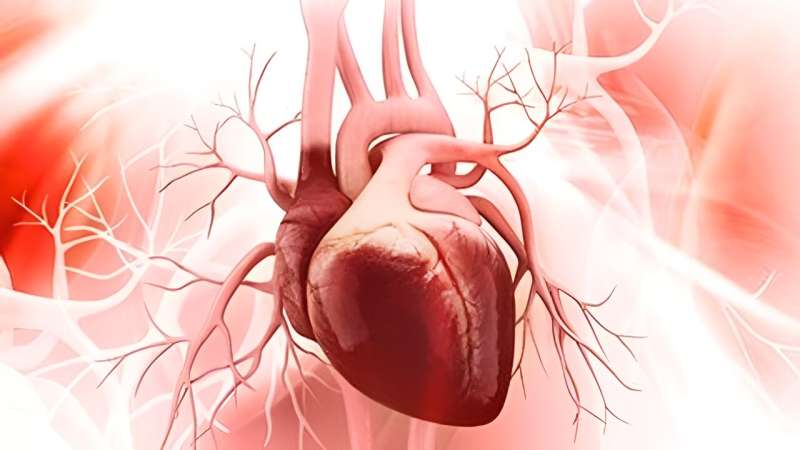Receipt of a cardiac-resynchronization therapy-defibrillator (CRT-D) offers long term benefit for patients with heart failure, reduced ejection fraction, and a widened QRS complex, according to a study published in the Jan. 18 issue of the New England Journal of Medicine.
John L. Sapp, M.D., from Dalhousie University in Halifax, Nova Scotia, Canada, and colleagues randomly assigned patients with New York Heart Association class II or III heart failure, a left ventricular ejection fraction of 30 percent or less, and an intrinsic QRS duration of 120 msec or more to receive an implantable cardioverter-defibrillator (ICD) alone or a CRT-D. A total of 1,798 patients were enrolled, of whom 1,050 were included in the long-term survival trial (median duration of follow-up, 7.7 years; median duration of follow-up for those who survived, 13.9 years).
The researchers found that death occurred in 76.4 percent of 530 patients assigned to the ICD group and 71.2 percent of the 520 patients assigned to the CRT-D group. Compared with those assigned to receive an ICD, those assigned to receive a CRT-D had longer time to death (acceleration factor, 0.80). A secondary outcome event occurred in 77.7 and 75.4 percent of patients in the ICD and CRT-D groups, respectively.
"This long-term follow-up trial showed a benefit with respect to mortality among patients who received a CRT-D as compared with those who received a standard ICD, and this benefit appears to have been sustained over time," the authors write.
More information: John L. Sapp et al, Long-Term Outcomes of Resynchronization–Defibrillation for Heart Failure, New England Journal of Medicine (2024). DOI: 10.1056/NEJMoa2304542
Lynne Warner Stevenson et al, Seeking More Time with Synchrony, New England Journal of Medicine (2024). DOI: 10.1056/NEJMe2312419
Journal information: New England Journal of Medicine
Copyright © 2024 HealthDay. All rights reserved.
























